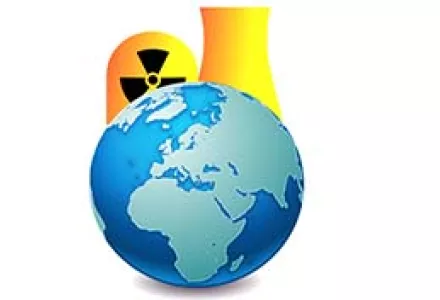Atomic Marketplace: Nuclear Proliferation and Multipolarity
Since the discovery of fission in 1938, 60 countries have sought to use atomic energy: of these, 31 developed nuclear weapons programs. Nuclear proliferation progressed in fits and starts: some periods saw non-proliferators excelling at slowing down the spread of nuclear weapons, while on other occasions, aspirants had the upper hand. In this MTA Seminar, Stanton Nuclear Security Postdoctoral Research Fellow Eliza Gheorghe will argue that the differences in the pace of proliferation can be explained by the polarity of the nuclear market. Multipolarity advances nuclear proliferation because it gives aspirants leverage in their negotiations for atomic assistance. In a multipolar nuclear marketplace, aspirants obtain nuclear transfers with more ease by employing the age-old strategy of playing suppliers off against each other. When suppliers coordinate and forge a cartel-like structure, proliferators have a harder time manipulating suppliers. Gheorghe will test these arguments by analyzing nuclear negotiations and transfers throughout history, and I found that proliferation depends on the ability of nuclear aspirants to exploit tensions among suppliers. Gheorghe will also examine the implications for non-proliferation and nuclear export controls policy in the context of a growing interest in nuclear power among developing countries.




